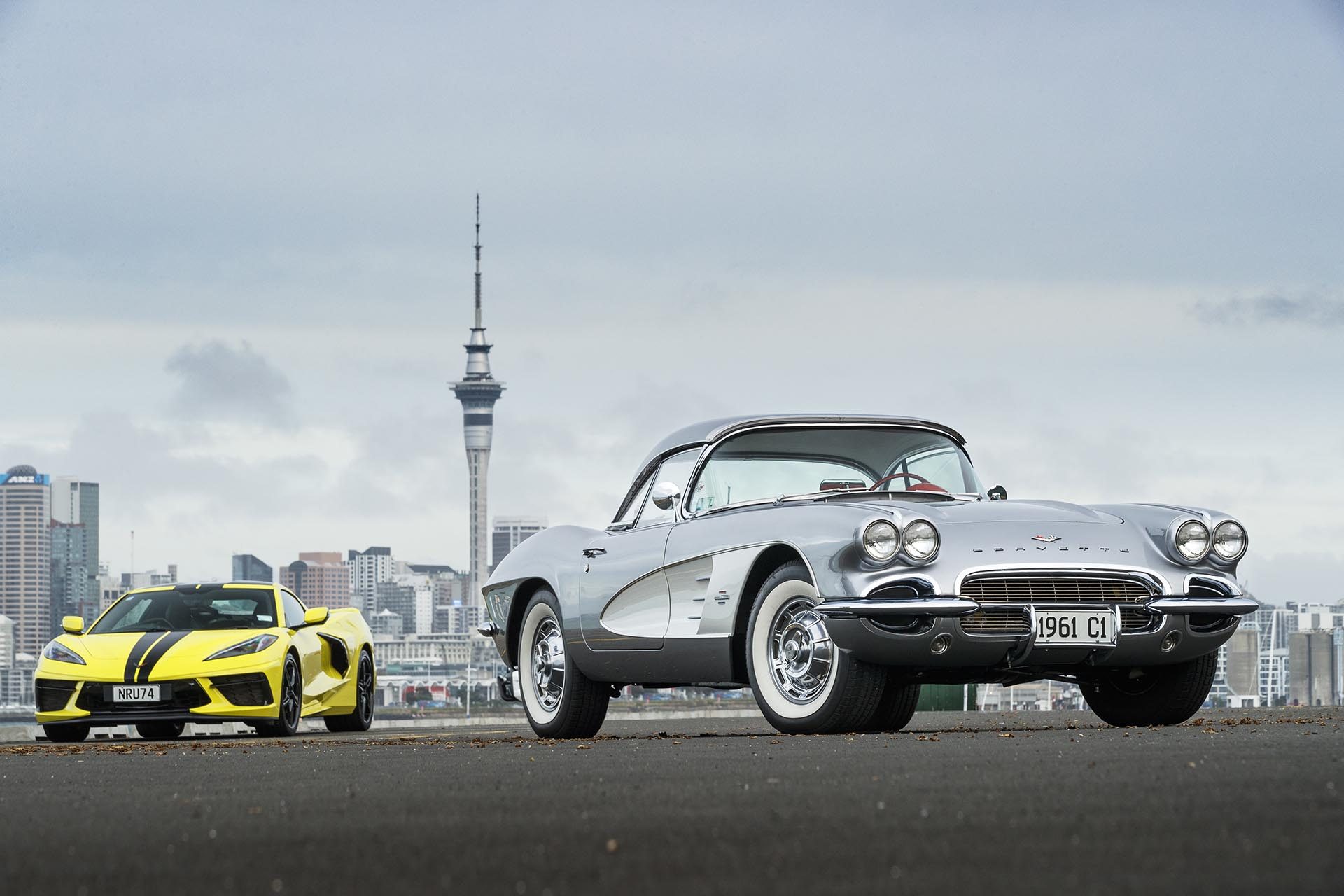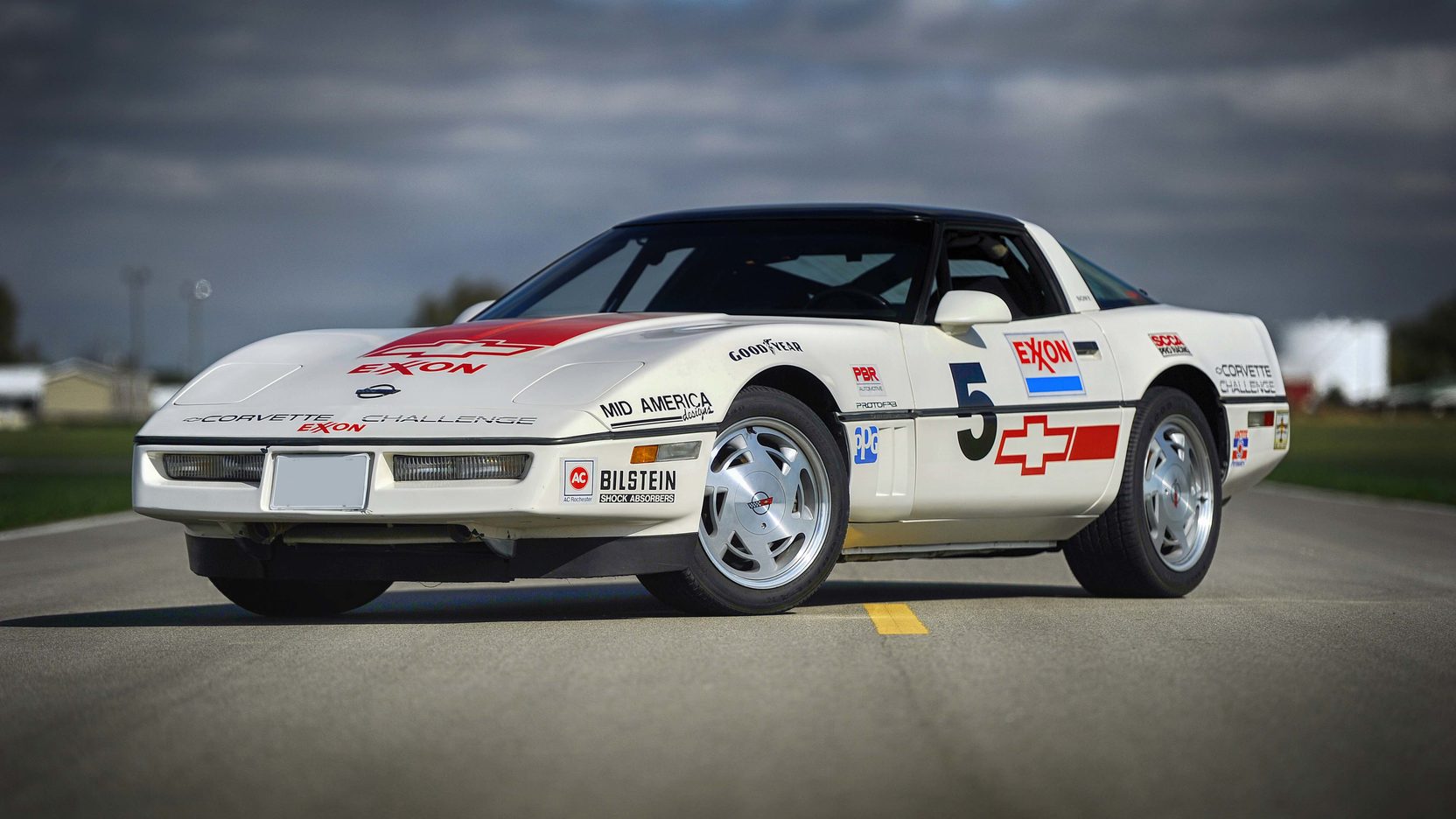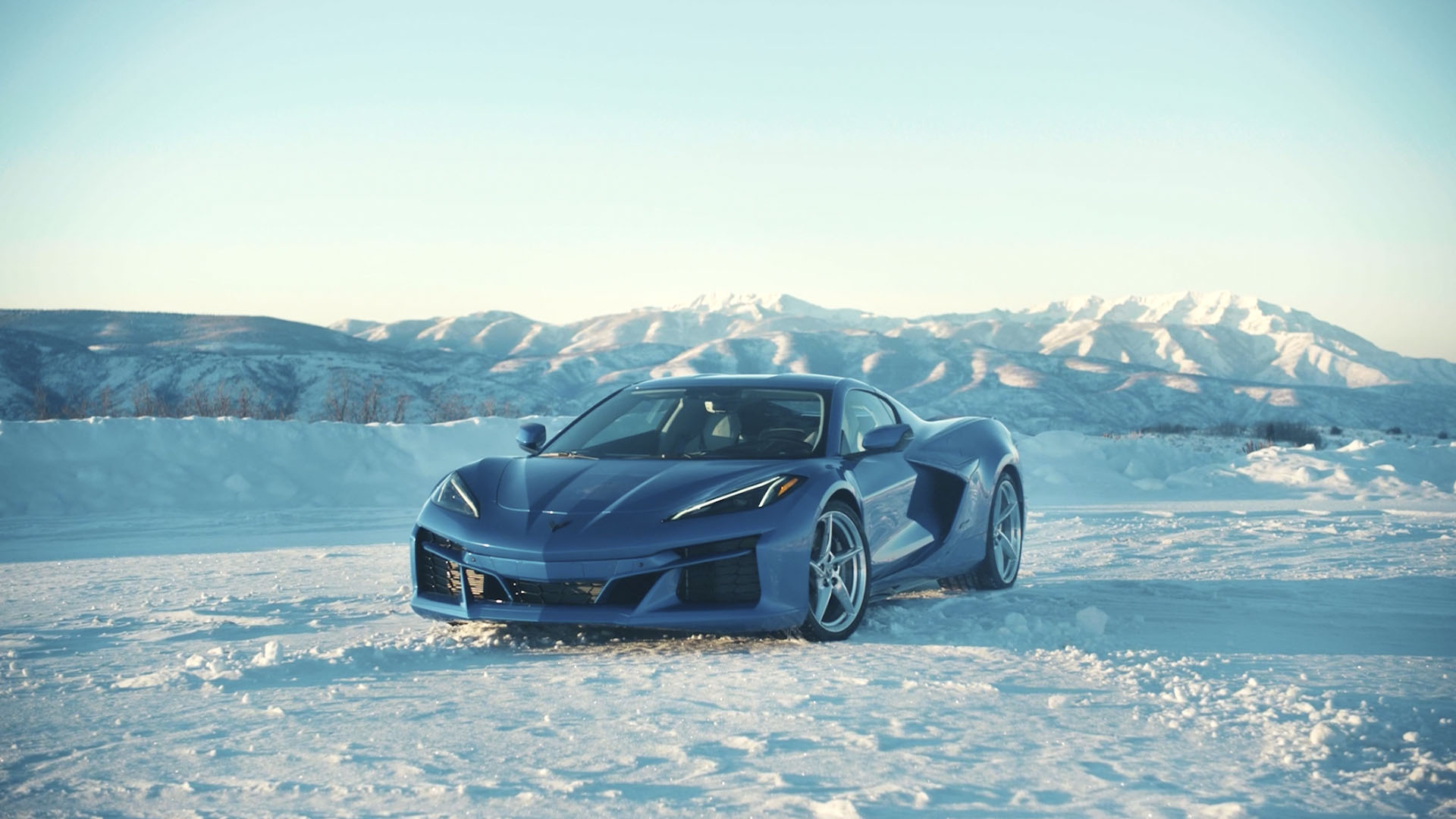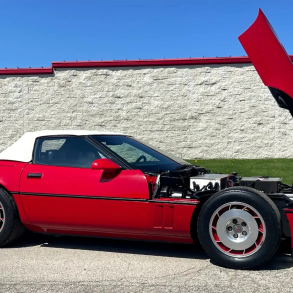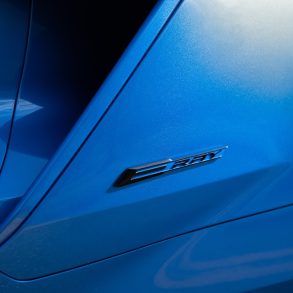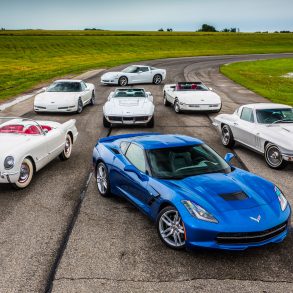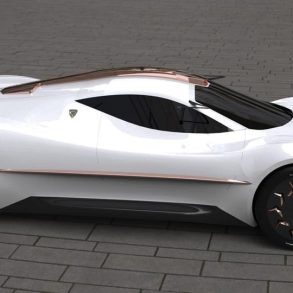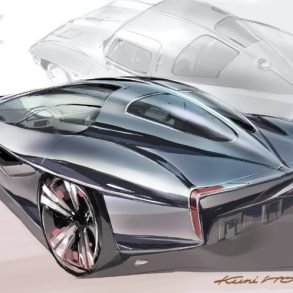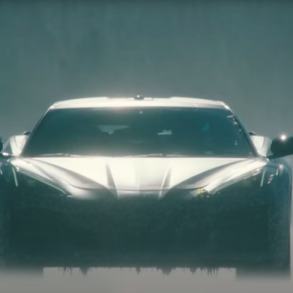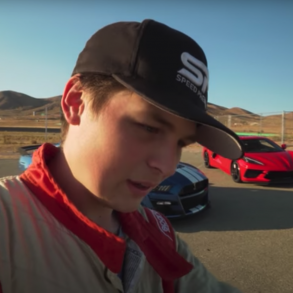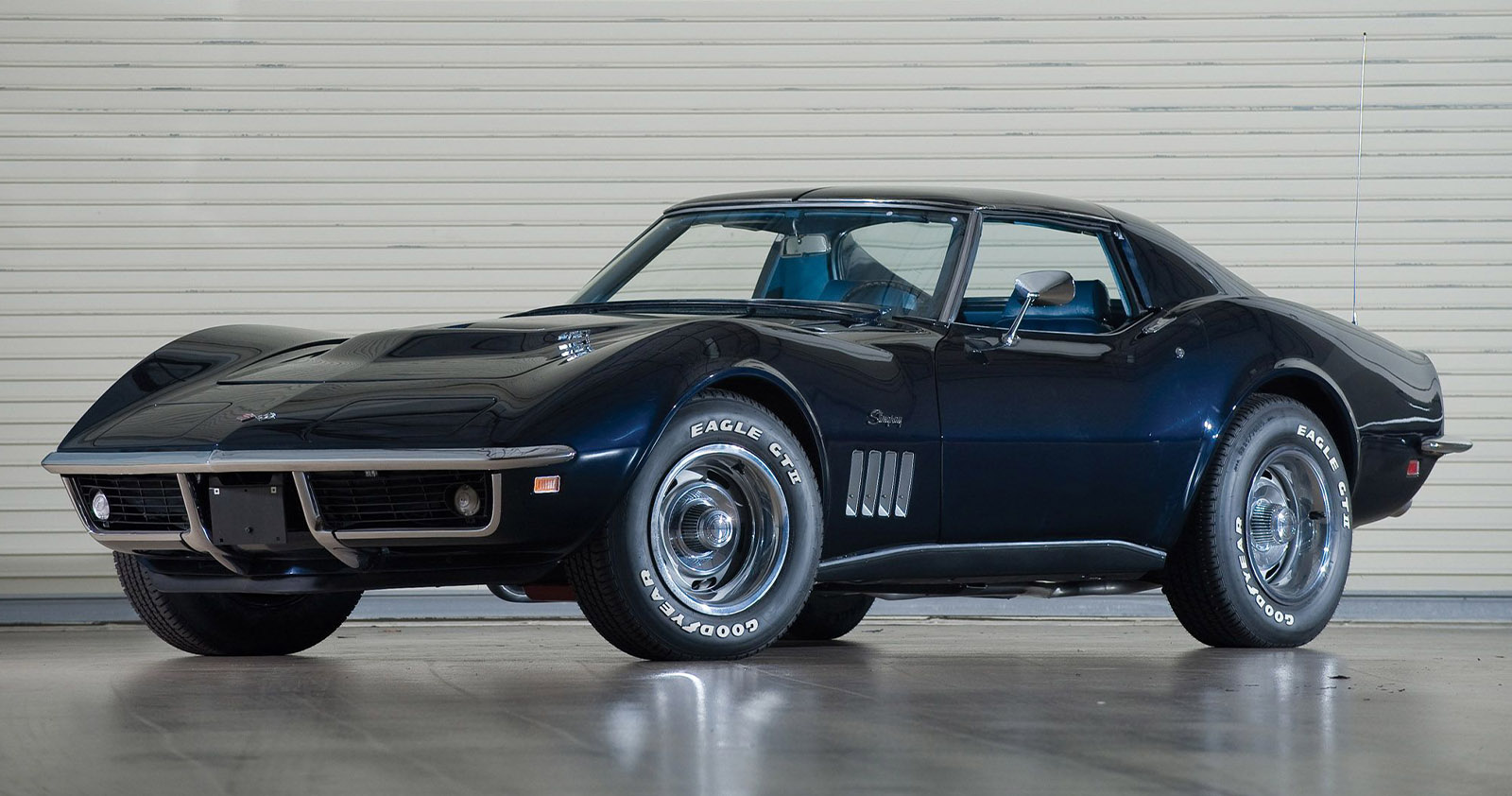While it’s easy to get caught in the auto industry narrative that by 2030 or 2035, all of the world’s largest automakers will exclusively offer electric cars, recent changes in the industry may suggest otherwise. In the case of the Chevy Corvette, like other iconic sports cars, there has been a lot of talk about whether it will be able to adapt to a new era. Today, the Corvette is available in a hybrid variant, dubbed E-Ray, and the Corvette EV is on the horizon, demonstrating Chevrolet’s commitment to keeping the Vette’s legacy alive for many years to come.
The Detroit-based manufacturer continues to expand the Corvette’s lineup to broaden the appeal of this American classic while also embracing electrification. For instance, Porsche, continues to produce the gasoline-only version of the 911 despite the introduction of the 911 hybrid. Still, many enthusiasts wonder if the Corvette will survive in the EV era. Some fear that an SUV bearing the iconic nameplate will replace it or that it will completely disappear like other iconic GM models such as the Camaro or Pontiac Firebird.
The Corvette’s Legacy Is a Test of Time
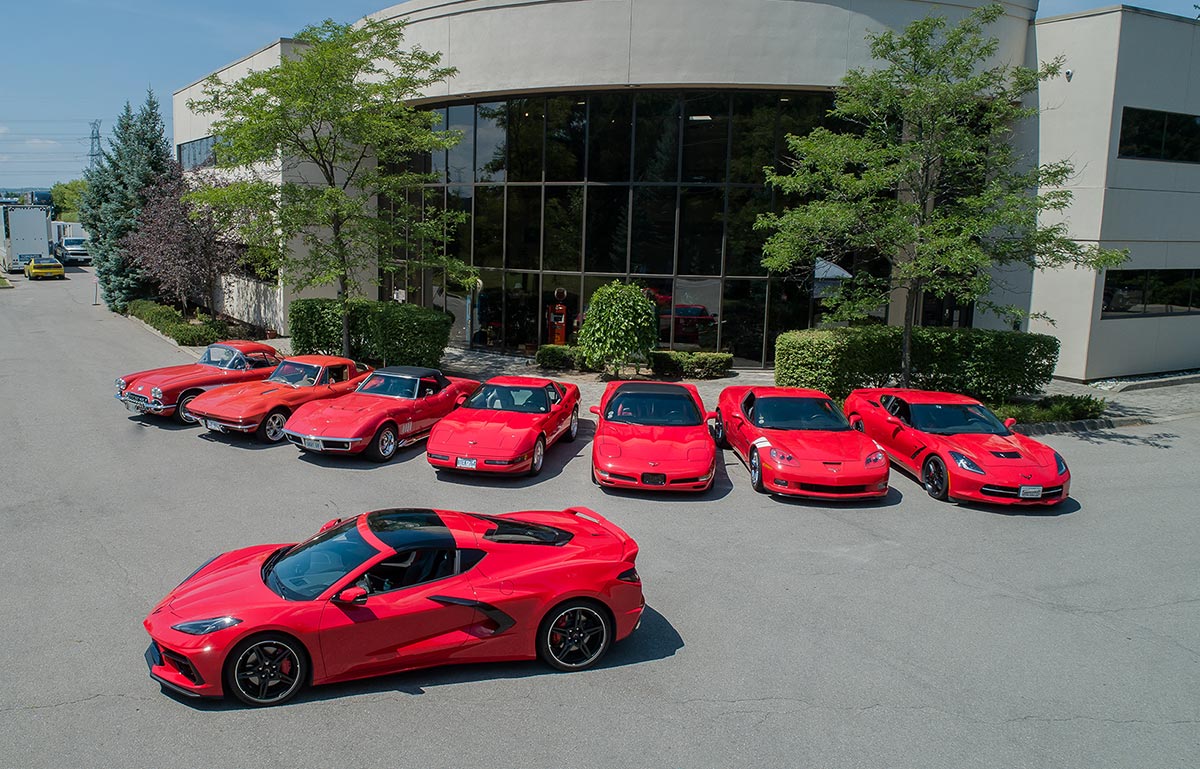
The Corvette’s legacy has been a testament to its adaptability and resilience, enduring for over 70 years of automotive evolution. Since its debut in 1953, the Corvette has consistently balanced cutting-edge innovation with its core identity as America’s premier sports car. Whether through introducing fiberglass bodies, implementing advanced aerodynamics, or pioneering small-block V8 engines, the Corvette has always pushed the limits of performance and technology. It has maintained a unique balance between affordability and world-class performance, making it a cultural icon in both the consumer market and in mostorsports.
Generations of enthusiasts have come to love the Corvette for its unmistakable styling, roaring engine, and racing legacy—values that transcend trends. In an EV era, where sustainability and performance are equally important, the Corvette faces a new challenge.
Yet, the brand’s ability to evolve—exemplified by the recent mid-engine C8 and its hybrid variant, the E-Ray—proves that the Corvette is prepared to embrace electrification without losing its soul. The Corvette’s legacy is not just about horsepower; it’s about pushing boundaries while staying true to its roots. This adaptability will be key to its survival in the electric future.
Electrification’s Impact on Iconic Sports Cars
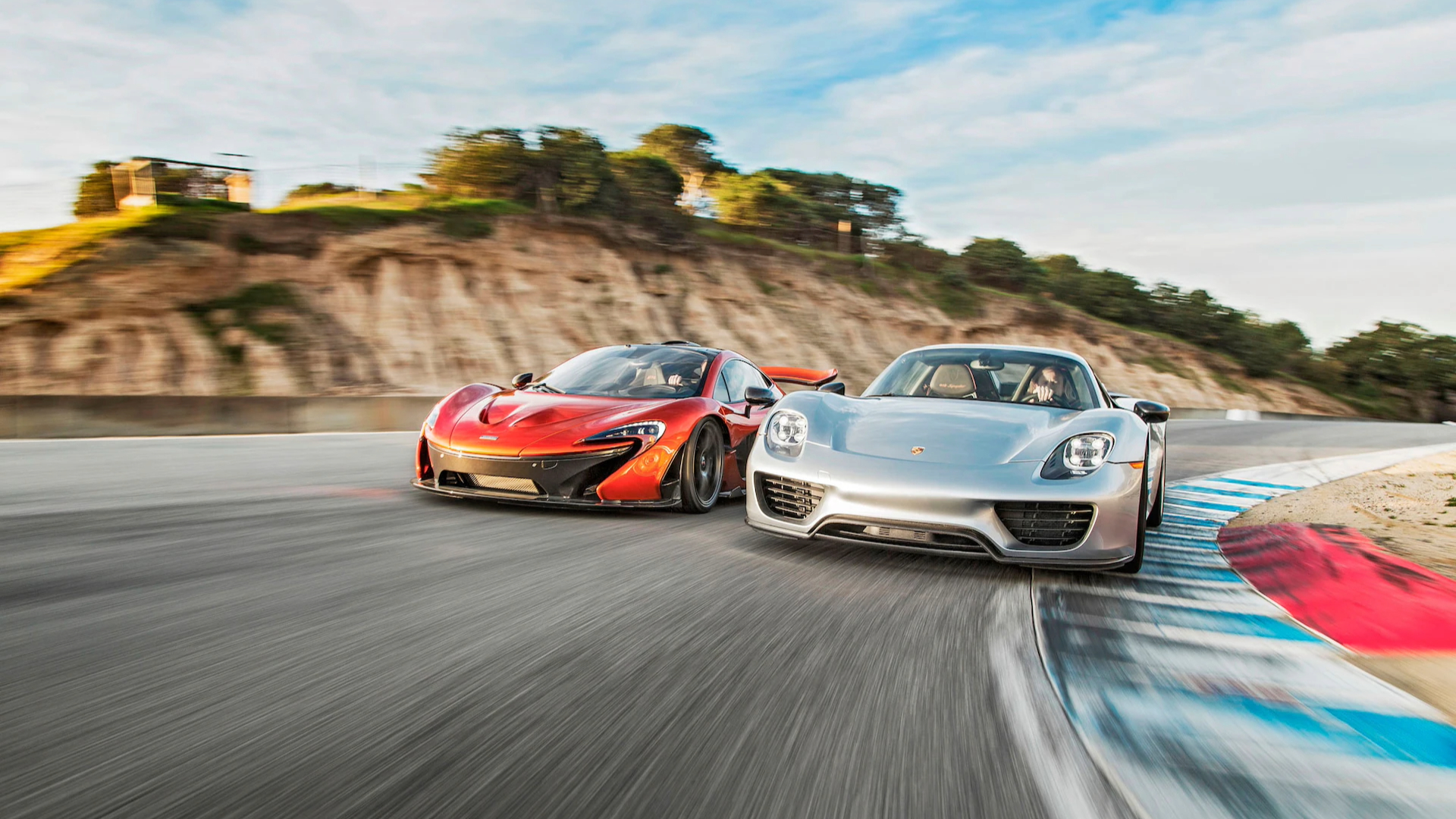
When electrification started to make its way into the auto industry, carmakers focused primarily on electrifying everyday cars, whether compact cars, hatchbacks, or SUVs, regardless of the electrification level. For instance, the Toyota Prius was initially introduced as a sedan. It was the first mass-produced hybrid passenger vehicle and continues to be a top-selling electrified model.
Another example is General Motors, which is responsible for introducing the first mass-produced and purpose-built battery electric vehicle, the GM EV1. This was a subcompact, two-seater car that was far from a sporty high-performance model.
Still, electrification has impacted some iconic names in the sports car industry. The first high-performance hybrid sports car was the Porsche 918 Spyder in 2015. The 918 was part of a trio of hybrid hypercars, alongside the McLaren P1 and Ferrari LaFerrari, which showed that hybrid technology could enhance performance without sacrificing power.
On the electric side, the first fully electric sports car is widely considered to be the Tesla Roadster, introduced in 2008. Built on a Lotus Elise chassis, the Roadster was a game-changer, showing that electric vehicles (EVs) could deliver thrilling performance. It had a 0-60 mph time under four seconds and a range of over 200 miles, paving the way for the modern electric sports car market.
A New Era for the Corvette: Will It Adapt or Perish?
General Motors is demonstrating a clear commitment to ensuring the Corvette thrives in the electric age, bridging the gap between tradition and innovation. With the introduction of the Corvette E-Ray, the first hybrid in the model’s history, GM has shown that electrification doesn’t have to compromise the Corvette’s performance pedigree. The E-Ray combines a front-mounted electric motor with a V8 engine, offering all-wheel drive and blistering acceleration, keeping the Corvette spirit alive while integrating sustainable technology.
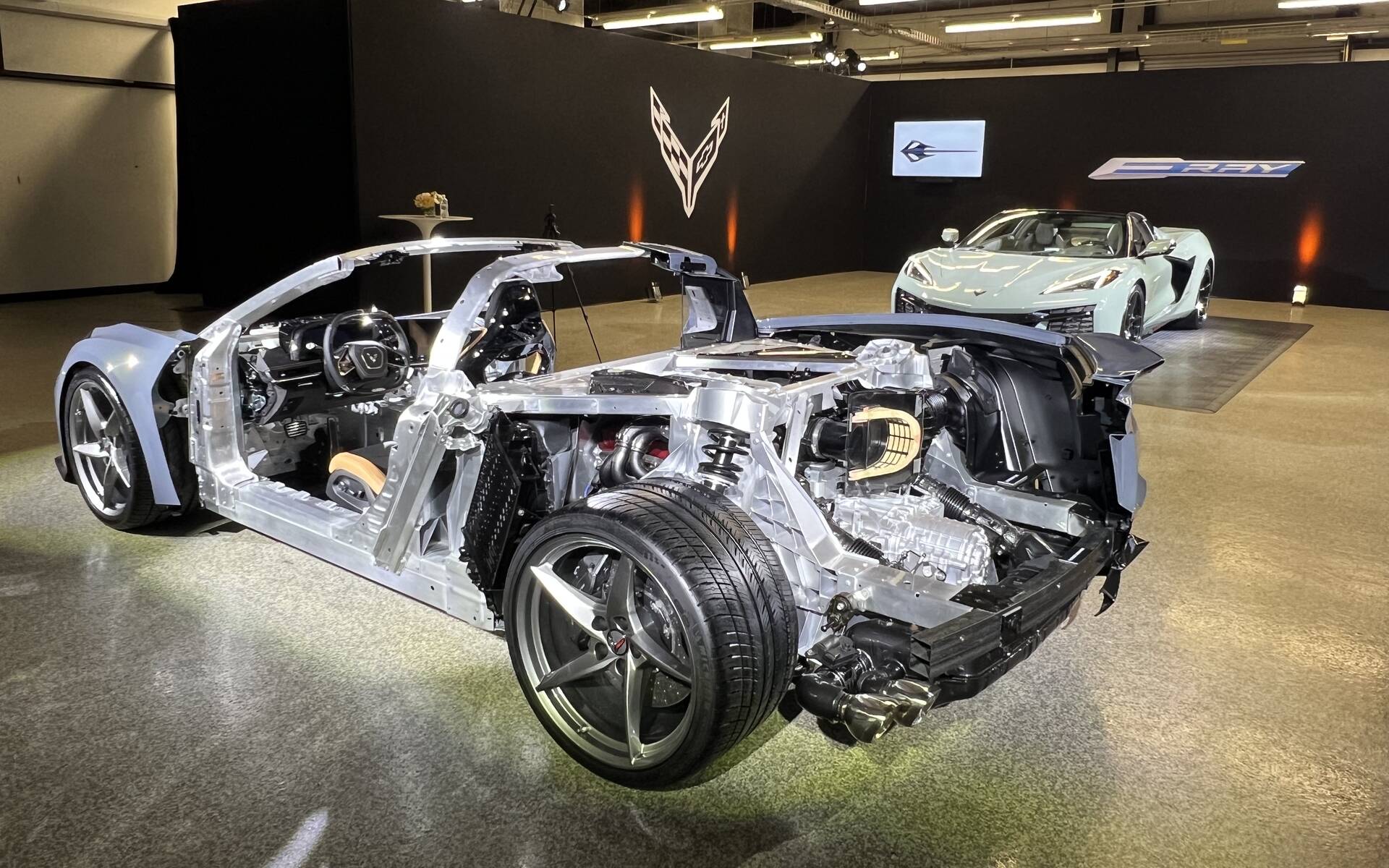
While the E-Ray showed GM’s willingness to explore electrification with the Corvette, the hybrid upheld the Corvette’s legacy of powerful V8 performance and distinctive sound that enthusiasts cherish, satisfying both traditional and forward-thinking buyers. However, a silent Corvette with an electric powertrain replacing its iconic V8 is unlikely to achieve the same. Still, in April 2022, Chevrolet announced on Twitter (now known as X) that an all-electric Corvette model would soon follow the launch of the Corvette E-Ray in 2023. The EV model was rumored to utilize GM’s Ultium battery platform. However, nothing has been confirmed yet.
Fast forward to October 2024, and the possibility of a fully electric Corvette seems highly unlikely in the near future. Tony Roma, Corvette’s chief engineer, told CBS News in September 2024 that they would only pursue an all-electric Corvette if it aligned with the car’s performance objectives and received positive consumer feedback. “We’re not going to apply electrification just for the sake of it,” said Roma. “We don’t put technology on for technology’s sake, so it kind of has to earn its way in. It has to make the car better in some way that our customers are gonna respond to.”
Additionally, given recent market trends, including declining sales of mainstream EVs, it may be premature to fully electrify the Corvette. Several automakers, such as Mercedes-Benz and Volvo, have already adjusted their electrification strategies in response to these shifts. Therefore, for the time being, the Corvette E-Ray will be the sole model responsible for keeping the Corvette relevant in an era of shifting regulations and consumer preferences. The E-ray will continue the Corvette’s legacy of innovation and excitement, demonstrating that the Corvette is prepared to adapt rather than fade away in this new era.


